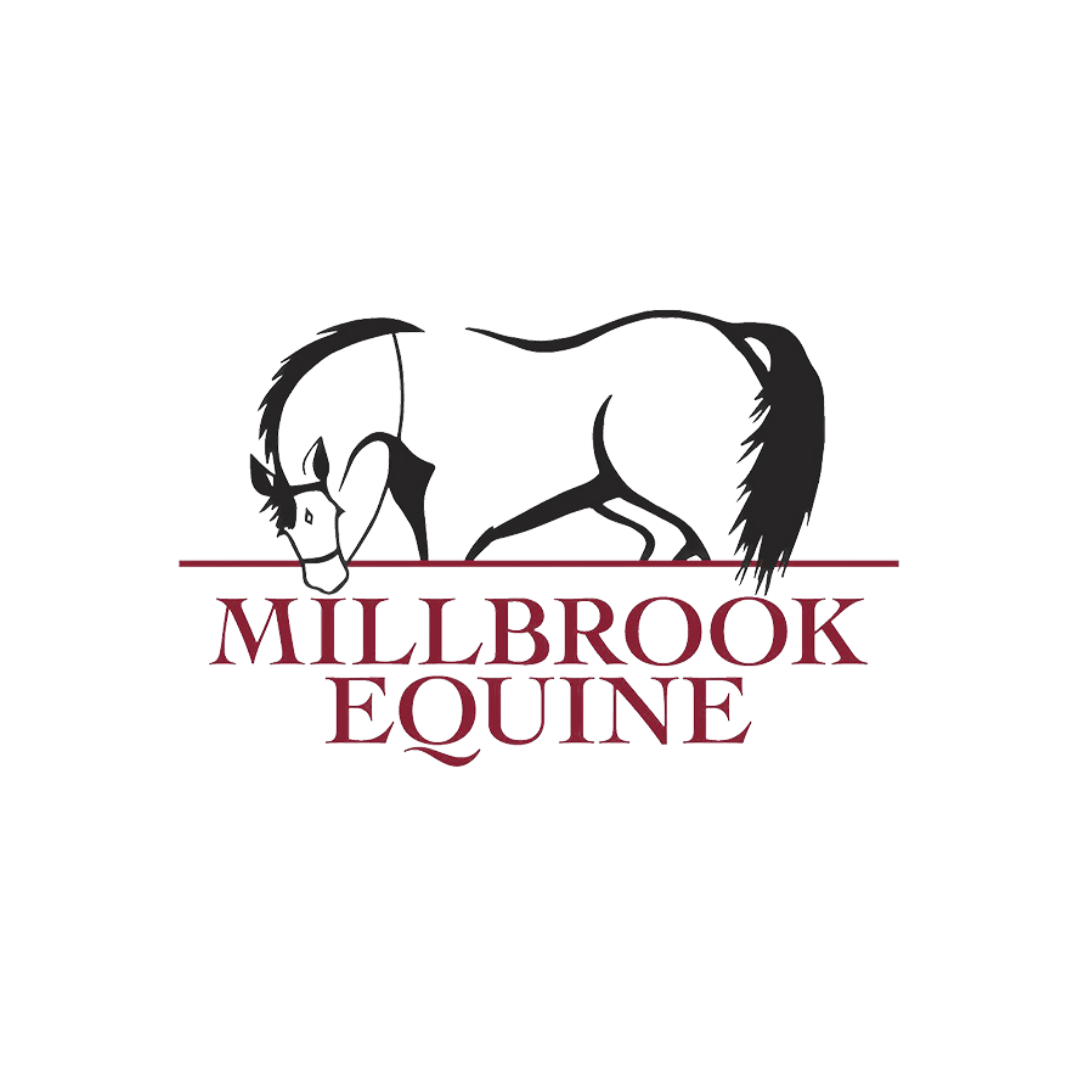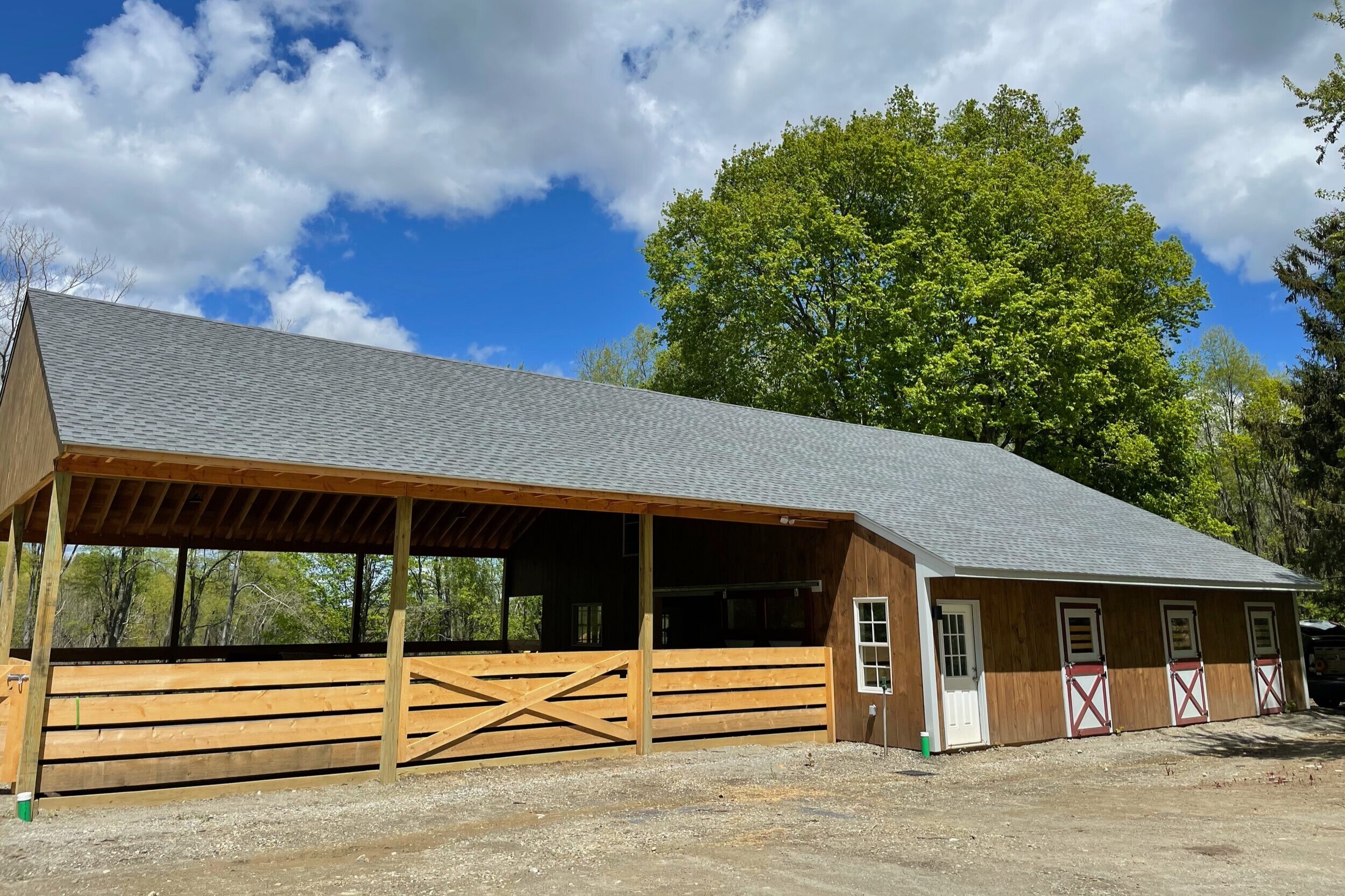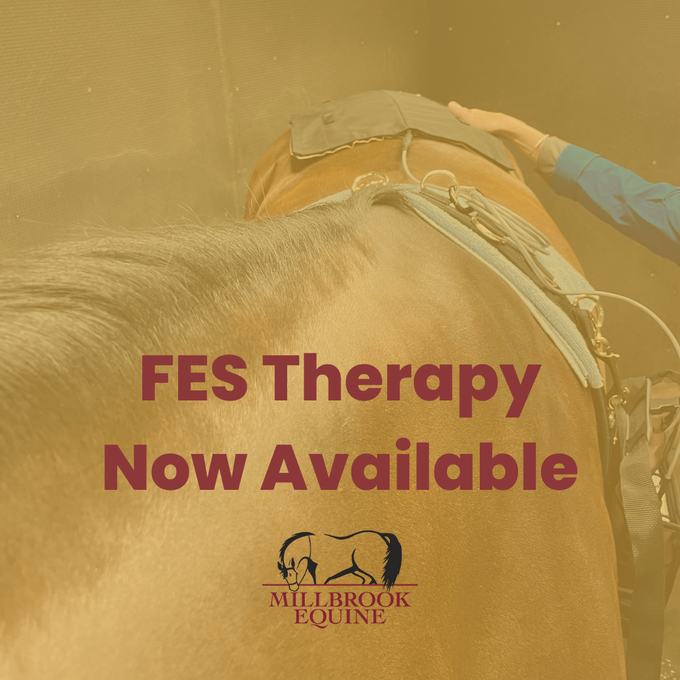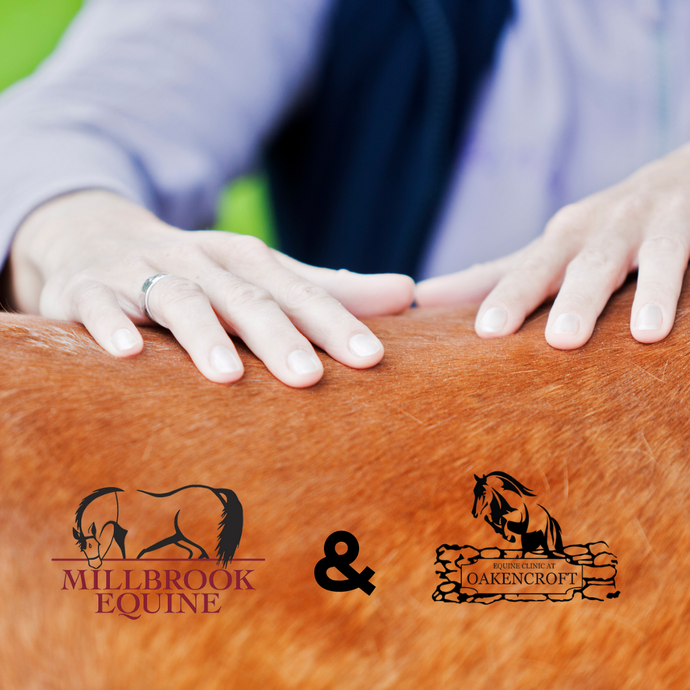Haul In For Savings!
Our state-of-the art Equine Repro Center & Haul-in facility enables the team at MEVC to provide top-quality care for your horses with less out-of-pocket cost to you!
To save on farm call charges, you can haul your horse to MEVC for the following services:
Repro exams
Routine wellness visits including vaccines & dentals
Endoscopy and gastroscopy appointments
FES
Shockwave
Simple lameness exams where no lunging is required
Minor lacerations
Eye exams
We do ask that you refrain from hauling horses to us that have nasal discharge, diarrhea, or any sign of fever. Want to schedule your horse’s next visit to MEVC? Give our office a call at 845-677-5500.
New At Millbrook Equine
This treatment can be beneficial as a primary therapy or can be used in conjunction with other treatment modalities for rehabilitation or in training.
Learn more, or connect with our office today to schedule a session!
Dr. Calsey Grant of The Equine Clinic at OakenCroft will be available for integrative medicine appointments each month for MEVC clients. Give us a call or email millbrookequine@gmail.com to get your horse on the list and be the first to know about upcoming dates!
Horse Health FAQs: Answered
We receive a lot of client inquiries about equine choke and how to handle it. Because choke is a fairly common equine emergency that is also commonly misunderstood, we wanted to share some details.
In humans, choke refers to to a tracheal or windpipe obstruction whereas in horses it refers to an obstruction of the esophagus, which is the muscular tube that carries food from the mouth to the stomach.
Choke typically occurs when horses eat concentrated food such as grain too quickly without chewing it properly but can also occur with hay, treats, or just about any food your horse ingests.
Owners typically notice food matter coming out of the horse's nostrils in a choke scenario, or that they may not be eating or acting a bit colicky. While a horse choking does not immediately impact his ability to breathe, choke can have a number of long term ill effects so it is important to get in touch with your vet if your horse is showing symptoms of choke.
If you suspect your horse is choking, don’t panic — but do call your vet immediately and remove all hay, grain and water from the stall. Your vet will tell you if there is anything else you need to do while you wait for their arrival.




